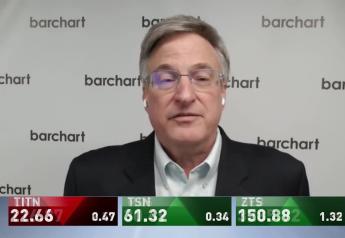Will You Be Able to Deduct Prepaid Farm Expenses?

Many farmers will purchase farm inputs such as fertilizer, chemicals, seed, etc. before the end of the year even though the dealer has not delivered these products to the farmer. We call these items prepaid farm expenses.
The tax rules are very specific on how to handle these costs. First, the invoice must be for a specific item, price per quantity and then an extension of the final price for each item purchased.
If the invoice simply uses one dollar amount with no itemization, then the expense is not allowed until the following year when the farmer actually purchases the product.
The farmer can only purchase inputs that would typically be used in the following year and the amount allowed as a deduction will be limited to 50% of all other farm expenses including depreciation.
However, for 2021, it may be very difficult for a farmer to purchase enough prepaid farm expenses due to a lack of supply or the very high cost of these inputs. The American Farm Bureau just released an article outlining how these costs have appreciated just in the last year.
For example, since September 2020, ammonia is up 210%, liquid nitrogen is up over 159%, urea is up 155% and potash is up 134%.
This may lead to farmers not being able to purchase enough inputs. Also, if a farmer is trying to purchase new machinery to take 100% bonus depreciation on the equipment, it is likely that this deduction will not be allowed until 2022 or 2023. Remember, you must have possession of the equipment to take depreciation. Simply having an invoice dated December, 2021 is not sufficient for a deduction.
If you are in this situation, farm income averaging can help you reduce the tax burden.
The bottom line is to discuss this with your tax advisor to see what you need to do before year-end.







